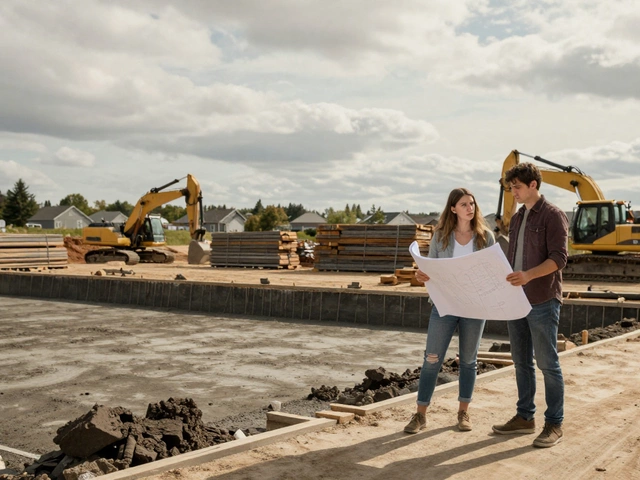Roofing Prices: What You Need to Know Before a New Roof
Thinking about a new roof but worried about the price? You’re not alone. Roof work can feel like a big chunk of a home budget, but breaking it down makes it easier to plan. Below we cover the main cost drivers, typical price ranges, and smart ways to keep the bill from blowing up.
Main Factors That Influence Roofing Prices
First off, material choice matters a lot. Asphalt shingles are the cheapest and most common, usually running $50‑$70 per square (100 sq ft). Metal panels cost $100‑$150 per square, while clay or concrete tiles sit around $200‑$300. If you want something premium like natural stone, you’re looking at $300‑$500 per square – and that’s where a local quarry can help. Lime Hillock’s limestone tiles, for example, often cost less than imported stone because they’re sourced nearby.
Labor is the second big piece. Installers typically charge $40‑$70 per hour, and a full roof replacement can take 2‑5 days depending on size and complexity. Larger roofs need more crew time, so expect labor to add $1,500‑$4,000 to the total.
Roof pitch and roof shape also affect price. Steeper roofs require extra safety gear and more careful work, driving labor up. Multiple levels, valleys, or dormers add extra flashing and under‑layment, which are extra line‑item costs.
Don’t forget hidden costs. Removing old roofing, disposing of debris, and repairing any damaged decking can add $500‑$1,500. Some regions also have permit fees or impact taxes that swing a few hundred dollars one way or the other.
How to Keep Your Roof Replacement Within Budget
Start by getting at least three quotes. Compare not just price but what’s included – some contractors bundle disposal, while others charge it later.
Consider mixed material options. You could use cheaper shingles on less visible roof areas and upgrade to metal or stone on the front façade for curb appeal without paying stone everywhere.
Timing can save you money. Roofing demand spikes in summer, so contractors may raise rates. Early spring or late autumn often brings discounts and more flexible scheduling.
If you’re handy, you might handle the tear‑off yourself. Just be sure you have the right safety gear and check local regulations – some permits require a licensed installer for the final work.
Finally, look into local sources. Quarry‑direct stone or reclaimed roofing materials can cut material costs by 15‑20% and reduce shipping miles.
Bottom line: a typical 2,000‑sq‑ft house with asphalt shingles runs $5,000‑$9,000 all‑in, while metal or tile pushes the range to $10,000‑$15,000. By understanding the cost drivers and shopping smart, you can keep the project on track without compromising on quality.
Roofers Charge Per Square: What’s Typical and Why It’s Not Always Simple

How much do most roofers charge per square? It's not a straight answer, and prices jump depending on things like material, roof pitch, and your local area. This article breaks down what you can expect, common price ranges, what’s included, and sneaky extras that might surprise you. You’ll get real tips and a peek at how to avoid overpaying. Grab the facts before you call a contractor.
read more



